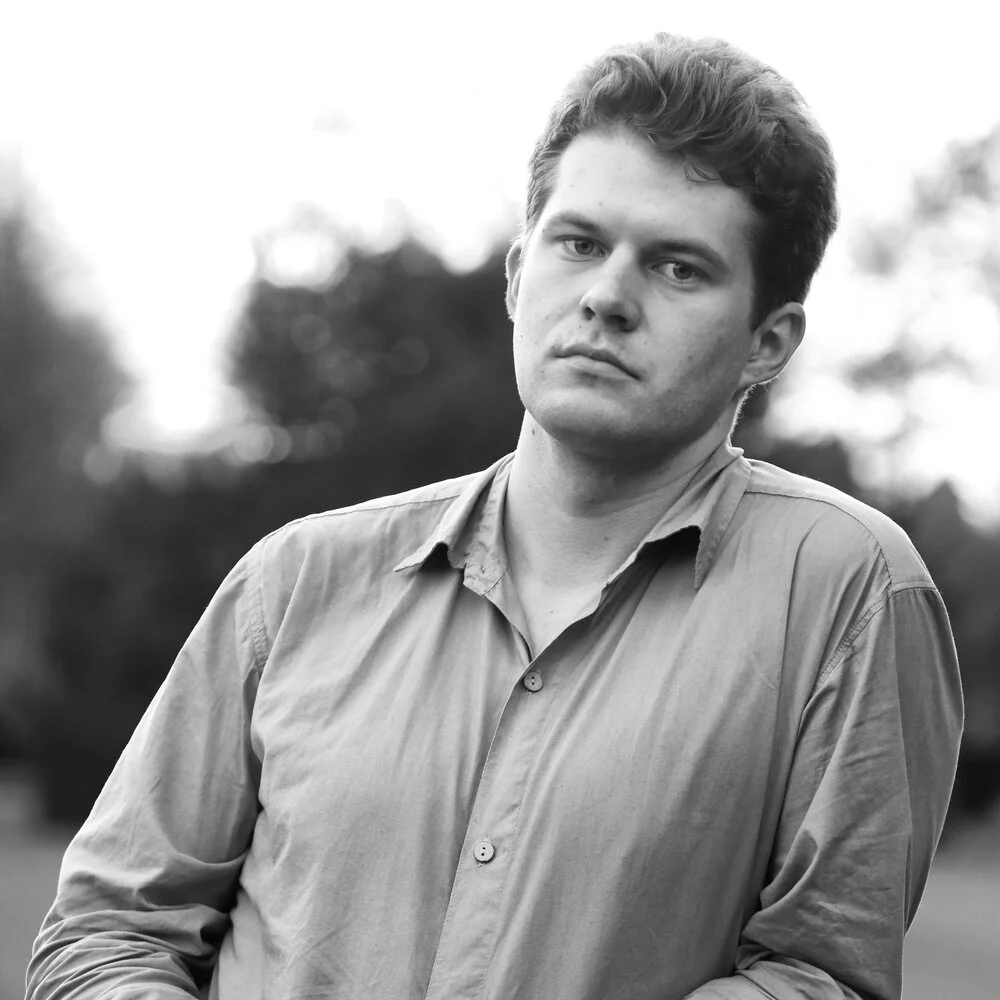(Highlights) DR. EBEN ALEXANDER
/Neurosurgeon
Author of NYTimes #1 Bestseller Proof of Heaven, Seeking Heaven, The Map of Heaven & Living in a Mindful Universe.
Take care of yourself. Bring that love and kindness and compassion into your dealings with self and others. And this world will change dramatically. I think you’ll find great reason for optimism and hope and viewing the way our world can go, but it absolutely involves a change from the status quo from our current direction.

















